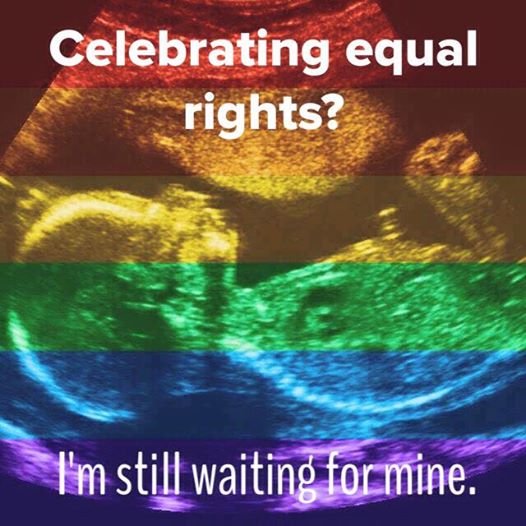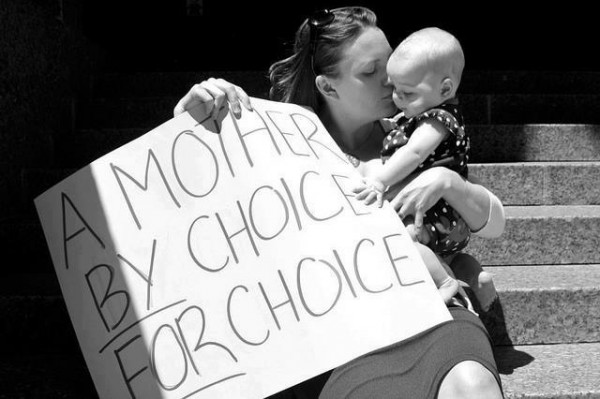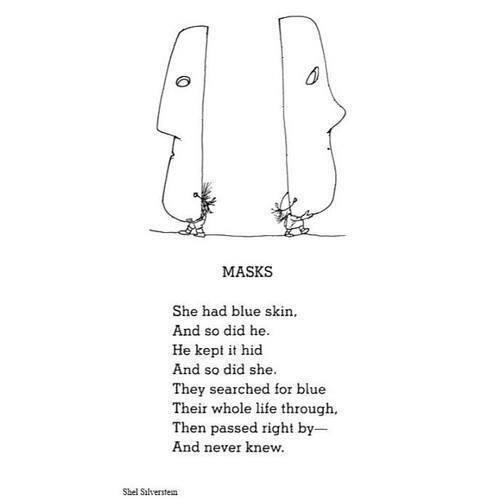It was recommended by a commenter on my post about gender. I also read The Polygamous Sex. Both books are by Esther Villar. According to the books, not only are women NOT oppressed by men, but they are actually the Master Gender (um … Mistress Gender?) and are holding men under their thumbs. She makes some interesting points, for example:
- Men are conscripted; women are not.
- Men are sent to fight in wars; women are not.
- Men retire later than women (even though, due to their lower life-expectancy, they should have the right to retire earlier).
- Men have almost no influence over their reproduction (for males, there is neither a pill nor abortion – they can only get the children women want them to have).
- Men support women; women never, or only temporarily, support men.
- Men work all their lives; women work only temporarily or not at all.
- Even though men work all their lives, and women work only temporarily or not at all, on average, men are poorer than women.
- Men only `borrow’ their children; women can keep them (as men work all their lives and women do not, men are automatically robbed of their children in cases of separation – with the reasoning that they have to work).
And yet …
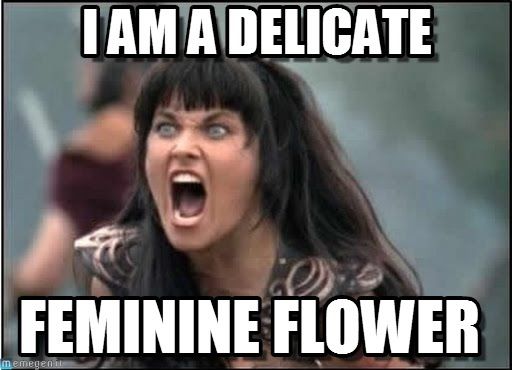
Okay. Let’s start with a story. There are five guys in my building. Okay, there are more than five guys in my building, but I’m only discussing five of them right now. I consider all five of them my friends, and we get a long pretty well. I earn considerably more than all five of them, some as much as five times.
So, Guy 1. We’re going home together after work. No, not like that, mind out of gutter please. We are walking together to the stage, after which we’ll probably take the same mathree to town. Once we get there, we’ll part ways and go to our respective homes. When we get into the matatu, Guy 1 offers to pay my fare for me. It’s only 30 bob, and it’s not like I can’t afford it, but I gladly accept, because it makes me feel nice. It makes me feel like a lady.
Guy 2. We bump into each other at the stage, waiting for a matatu to work. We each pay our own fare, and as we alight he wants to take a detour to buy breakfast from the neighbourhood kiosk. He offers to buy me some as well. Nothing fancy, just a couple of mandazis or a chapati. I say thank you, because, again, it makes me feel valued, and I like feeling valued.

Guy 3. We’re in the same industry, we’ve worked together on many projects, and we follow each other on social media. That’s actually how we met, before we ended up in the same job. Twice. So every once in a while, I will put up a random post, and he will respond in the sweetest way. I tweet, ‘craving chocolate.’ He drops one on my desk. I lament on my lost phone case. He offers me a spare. I wax lyrical about bubble wrap. He gets me a few rolls. It’s nice. It makes me feel like he listened, and everyone wants someone to listen.
Guy 4. We share a naughty sense of humour, so one day we make a bet over the meaning of a cheeky little joke. I lose the bet, so I buy him a tub of ice cream at Coldstone. Again, it does’t cost much (the smallest tub is 350) but it’s the principle of the thing. Besides, everybody loves free ice cream.
Now, Guy 5. Things start to go a little beyond good neighbourliness. It seems he’s showing interest. He says he knows that I’m a ‘feminist’, a ‘high earner’ and a ‘single mother.’ I tell him that I understand what all of that implies, and that I’m not looking for someone to pay my bills. However, if a man is in a relationship with me, he does need to be – you know – the man. Which means he needs to ask me out, take me there, and pay for it. I don’t need something fancy. It can even be a plate of 50 bob fries and a soda. After all, it’s not the cost, it’s the principle. He never calls again.

According to Esther Villar, all these guys prove her point. That I am controlling all these men, and that I’m lying if I say that I’m oppressed in any way. She says women are housewives because they choose to be housewives, because sitting at home and taking care of household chores and babies is the easy job, and that it’s the man who is the slave, forced to go to the office and provide for his wife and kids.
He says if the housewife really wanted to be emancipated, she’d go out and get a job, instead of sitting at home eating her husband’s money. She says if being a Stay-At-Home-Mum was such a terrible punishment, a lot less women would be doing it.
She says that from Age 12, girls decide to become prostitutes and stop developing their brains. Instead, they do everything possible to remain child-like while developing a woman’s body, so that the men in her life will be drawn to protect her. She says mothers – especially the ones that stay at home – raise their daughters to enslave men, and raise their sons to be enslaved by women. She says the only women who take on the work of men are the old, damaged, ugly ones.
When I first read the books, I didn’t get particularly worked up, because apart from those first eight points, I couldn’t see anything of substance. It just wasn’t serious enough to get me upset. I figured she was probably being deliberately inflammatory to sell books, especially since she wrote them in 1972.
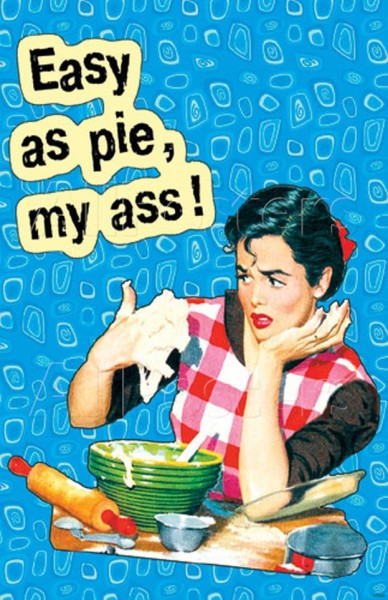
This is 2015, and while a lot of what she wrote still applies in the West, the situation is pretty different for women in ‘the third world’, and even for women in rural Western towns. There are still ‘villages’ even in the US with like 3,000 residents who have never seen a black person, and where the only ‘choice’ for a girl after high school is to marry and have babies.
That said, in today’s world, it’s not necessarily a case of either-or. Few women can ‘decide’ to quit their jobs to raise their kids. A lot of us simply have to make it all work, go to work and look after your babies. If we’re lucky, we have a three month maternity leave, then it’s back to business as usual, except for the leaking breasts and the infant at home. In the third world, we have relatively affordable domestic help – and distant relatives from the village. Out there in the developed world, it’s more like high school babysitters and hyper-expensive day care.
I did wonder about the military service though. For a long time, I didn’t understand why women would want to ‘fight for their country.’ But then I met a few military types. Daughters who grew up in the barracks and wanted to be just like their daddies. Or maybe it was their most logical employment option.

In a lot of countries, being in the army/navy/airforce means free housing, education, and medical facilities. Being sent into active war situations could mean death. But in the event you don’t – you know – die, it means hardship bonuses, promotions, and raises. In short, physically fighting enemies means lots more money for your family. Unless you die first, which would really suck. In that situation – the one where you don’t actually die – I can see why military women would want front-line rights.
On the other side, in corporate settings, I do see how employers can choose to pay women less for doing the same job. Because if a career woman decides to have a child, she will leave work for a while, maybe a long while, and her husband will have to support at least three mouths on one salary. So it helps if he gets a raise. And employers have no guarantee that a female employee will never have a child and stop working for a few months, or even a few years.
That said … if I’m earning the same as male colleagues, will my salary go down when I get married or start having children? Logically, it can be justified by my time off and my husband’s raise … but it’s still going to feel pretty unfair.

And what about the successful mum who comes back to the work force? It’s reasonable she’ll expect to be paid the same as when she left, but what about all the upward movement of her peers while she was away? What about any developments in the field, or training opportunities she may have missed?
The logical thing is to start low and play-catch-up, but again, it feels pretty victimising for her. And that’s assuming her employers are willing to spend the resources needed to get her back up to speed. Strictly from a business perspective, it may not make a lot of sense.
Feminism – for me – is about women getting the same rights and opportunities that men do. Opportunities for safety, well-being, employment, social amenities, fulfilling lives. Except that in the real world, it may not always be practical for these opportunities to be completely equal. There’s the standard argument that women don’t want to work as loggers or miners or garbage collectors. That we demand equality, but only in the cushy jobs. That we want to leave the ‘dirty’ work for men.
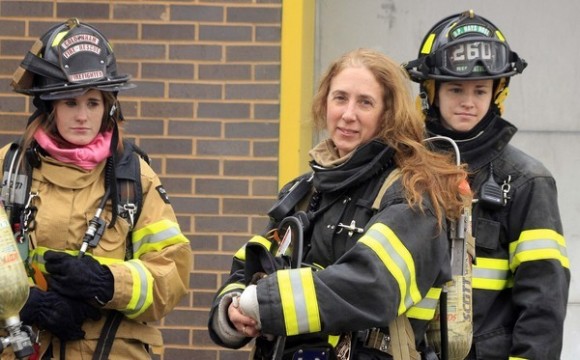
Thing is though … there are women who want to do those jobs. Not many, but definitely some. And so equality means rather than using the lack of women in – say – construction work – as an example of ‘feminine delicacy’, we should let the woman that want to carpenters be carpenters, and the woman that want to be CEOs be CEOs. Not many men are denied a job – any job – simply because they are men. And yet women are denied jobs based on their gender every day.
And even when they get those jobs, their salaries are based on their gender as well. Plus … and this is the best part … even in jobs that are ‘designated’ for women, men do better and earn more. Case in point? Chefs. Fashion designers. Hairdressers. Even male sex workers get a better deal, and that’s saying a lot.
I suppose then that the ideal situation for me is for everyone to have an equal choice. Do I want to live on a ship and blow up boats from other navies? Do I want to stay at home and raise my kids till they’re 18? Do I want to dress modestly and cover my arms, face, and hair? Do I want to decide when, how, and if I should be pregnant?
Do I want to be promoted no matter how many years, kids, or spouses I may have? Do I want to marry someone that I love? Or walk around – safely – and at all hours – in clothes that I like – without fearing sexual harm? These are choices that should be open to everyone. Nobody should dictate your answers, no matter what organs you have between your legs. And this – I suppose – is why I identify as feminist.
♫ I’m alive ♫ Qqu ♫
